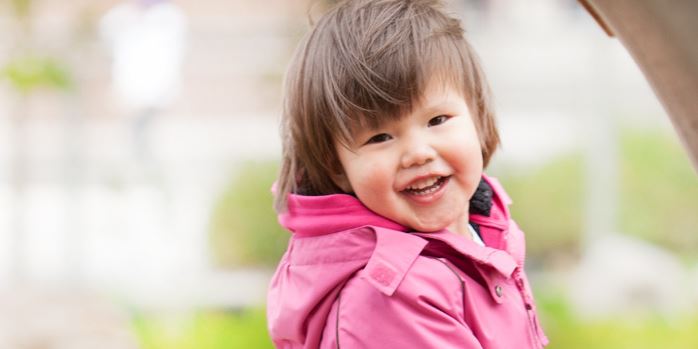Assessing & Supporting Your Child's Development
During the first few years of life, babies and children experience rapid growth and change. Their physical, social, emotional and mental development is marked by major “milestones” that can help determine whether they’re developing at a typical rate.
It's normal for parents who are worried about a developmental delay in their baby or toddler to do research on the Internet, speak with friends, family and other parents, or maybe even visit a doctor.
Help is available if you think your child should be talking more, walking sooner or behaving differently. The earlier you get advice and support, the better. Often a child may only need a boost, or some extra help to reach those milestones. There are experts who can help you, including:
Public Health Units have nurses who can answer questions about development, conduct screening and make referrals.
Family doctors are also a helpful resource who can help with assessing your child and make referrals to other health professionals, if necessary.
Child Development Centres support families of infants and young children who show signs of - or who are at risk of having - developmental delay or disability. Services and supports are provided in a family-centred environment.
Child Development Centres may offer the following programs:
- Infant Development Program and Aboriginal Supported Child Development Program
- Supported Child Development Program and Aboriginal Supported Child Development Program
- Early Intervention Therapy
Assessment & Intervention
An assessment or evaluation may be needed to check your child's motor, language, cognitive, social and emotional development. It can help inform what types of treatment, resources or services will be helpful.
It's important to begin early intervention services if an assessment shows that your child has a developmental delay. Getting support that's tailored specially for them and their needs can help to prevent or reduce a disabling condition, especially in young children.
- Early Intervention Therapy Program Guidelines (PDF, 654KB)
- Learn about complex health needs that affect young children
Support for Indigenous Families
Parents or guardians of Indigenous children can get help and advice from experts and health professionals who are Indigenous or are part of the Indigenous community.
Families are also invited to participate in activities that are culturally sensitive and meaningful – this includes home visits, playgroups, parenting support classes and groups, and connecting with other parents or families.
Learn more about support for young Indigenous children:
Find Services
While You Wait for Diagnosis or Service
The Science of Early Child Development (SECD) offers a suite of online, media-rich resources from the latest research about the impact of early experience on lifelong health and well-being.
Starting on April 1, 2024, this resource will only be available on a purchase or subscription basis.

